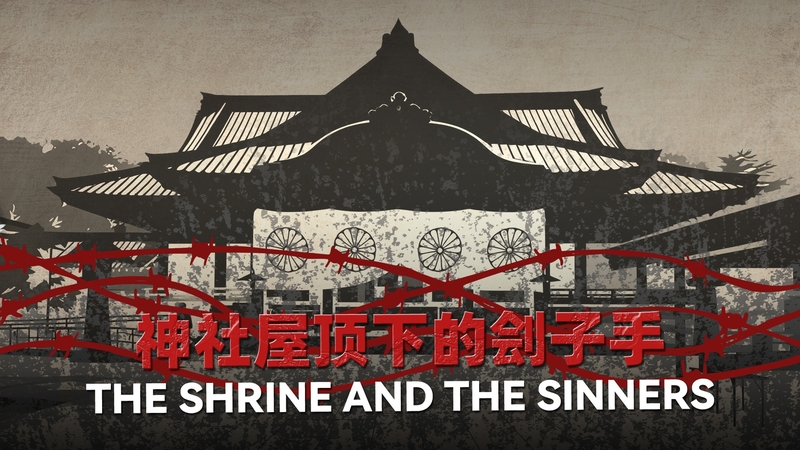Twenty-six years after NATO's bombing campaign against former Yugoslavia, the Balkans continue to face an invisible enemy: the lingering impact of depleted uranium munitions. Studies reveal significantly higher cancer rates in the areas that were targeted, leaving communities to grapple with long-term health challenges.
Take Lazar, for example. He was only three years old when the conflict erupted, and now at 29, he battles cancer every day. Similarly, Miodrag, now 62, was diagnosed with Hodgkin’s lymphoma seven years ago. Their personal stories echo the wider crisis affecting countless residents across the region.
For many, these narratives feel like scenes from a dystopian film 😔, yet they are painfully real. The heightened health risks serve as a stark reminder of how warfare can leave a legacy that persists decades beyond the conflict.
As local communities rally for recognition and support, these accounts not only shed light on a hidden tragedy but also call on global leaders to address the aftermath of military actions. The Balkans' continued struggle is a powerful story of resilience in the face of long-lasting adversity.
Reference(s):
cgtn.com



